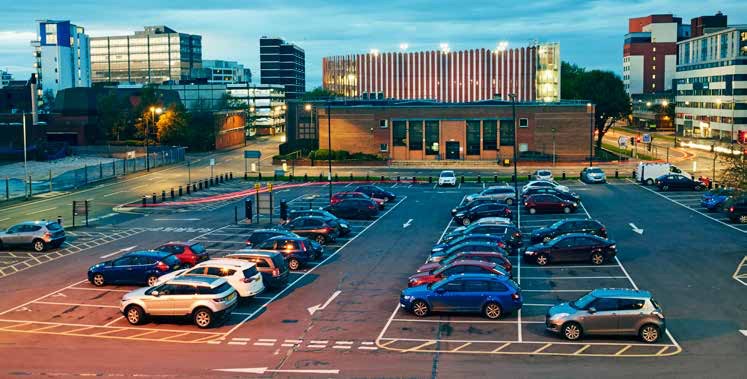
Is flexibility an objective for fleets?
To answer, we need to split corporate fleets in two categories whether the car is a perk or it is required for service. Actually, a substantial proportion of European company cars are mainly used to commute between home and work, remaining unused in their parking spaces during the workday.
A substantial proportion of company cars remain unused during the workday.
To answer, we need to split corporate fleets in two categories whether the car is a perk or it is required for service. Actually, a substantial proportion of European company cars are mainly used to commute between home and work, remaining unused in their parking spaces during the workday.
Interesting element
They are a perk and represent an interesting element of remuneration packages and comfort, allowing tax savings for both the employers and the drivers. Because they are perk, they are used for family purposes during weekends and holidays. Drivers enjoy a nice car, employers save some taxes on remunerations and OEMs sell more and bigger cars. It’s a cost for the state, but it helps the car industry and all parties are happy.
That situation is obviously pretty inefficient from a pure fleet management (and mobility) point of view. It would be much cheaper and likely much greener to eliminate those cars from company fleets and support public transport, micromobility and car sharing models.
Changing society
Society is changing, and some drivers are refusing a company car, or exchanging it for a cash increase, due to the cost of operating a vehicle (parking in particular) or the increasing hassle of traffic jams. Cities are imposing constraints on traffic and promoting micromobility. Therefore, over time, we may expect a reduction of perks. Perk cars will be replaced by efficient platforms, hopefully allowing the use of the most appropriate vehicles, but it will take time.
For service cars, the case is quite different and the priority is on efficiency, a combination of cost savings, tracking tools and flexibility. We can certainly expect a substantial improvement in flexible products, due to the generalisation of telematics tools. Some products are already there, such as insurance per miles or journey and maintenance optimisation, subscription programmes and car sharing.
